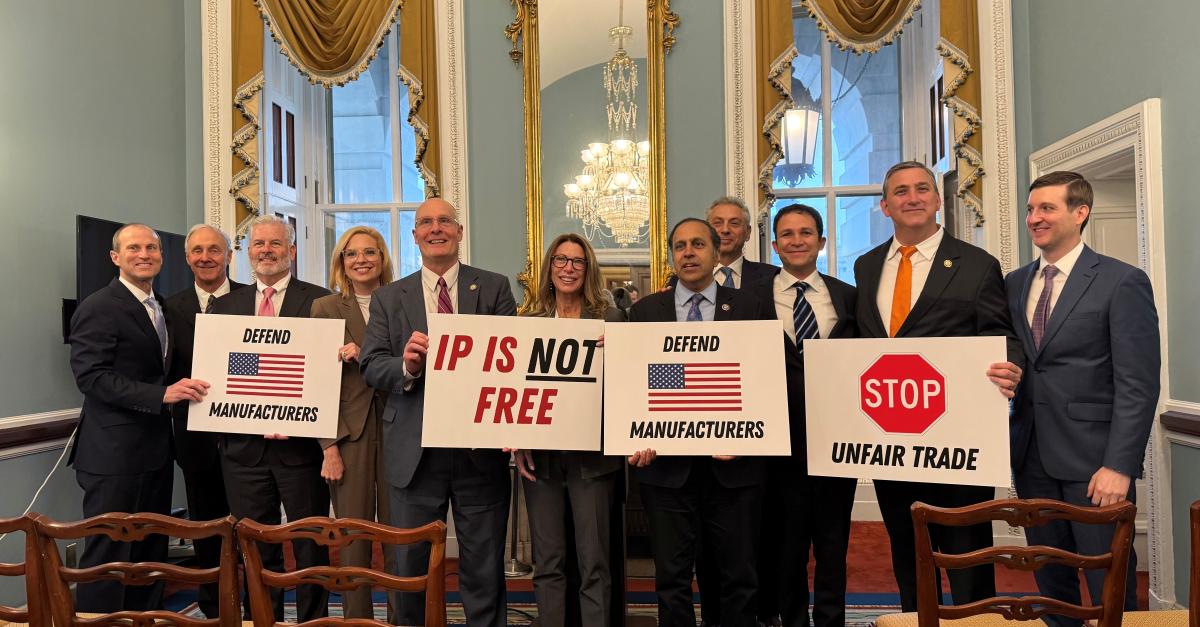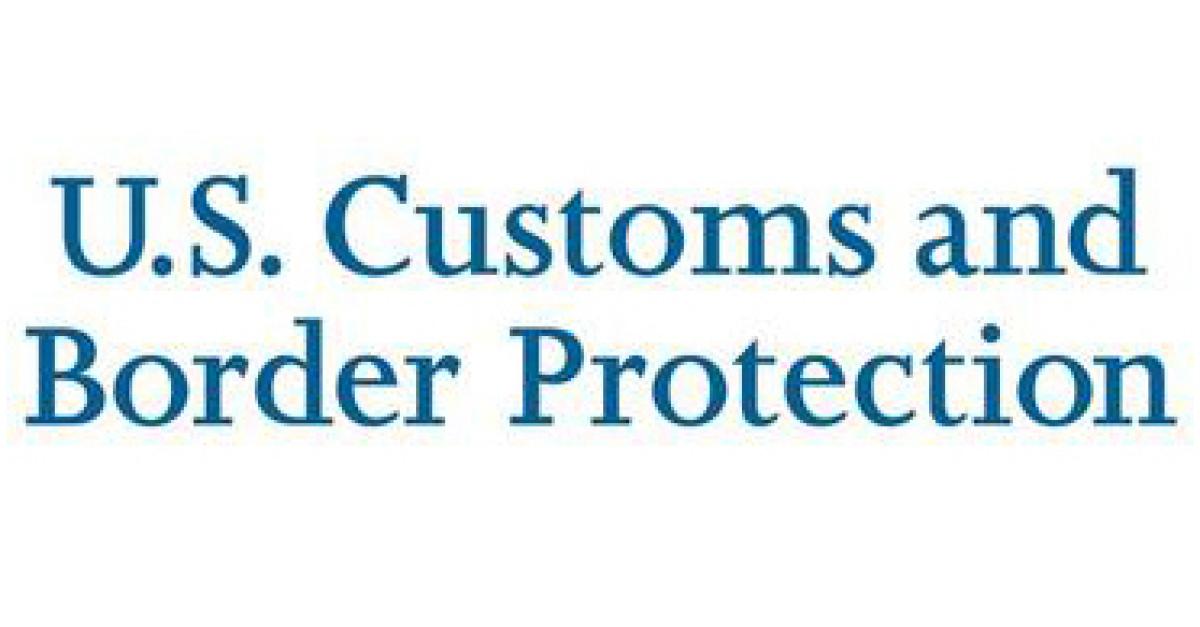When it comes time to purchase furniture or cabinetry for the home, there are endless options out there. Between styles, finishes, materials and more, choosing these products can take some time and research. You want products that not only look good, but are good for your home and the environment. It’s important to have all the facts when choosing the right materials and products to go into your home.
Wood products are an environmentally friendly choice for a number of reasons. They are recyclable, biodegradable and uses less energy to process than metals and plastic. Wood is also a naturally renewable resource, meaning new trees will grow in place of those that have already been harvested. In addition to renewing themselves, new trees are often planted to help the forest thrive.
Now more than ever we can use wood products without the fear of diminishing wood supply or forest prosperity. The reason being that many forests are harvested using sustainable forest practices which assure the forests remain healthy. By purchasing wood and wood products supplied by a recognized sustainable forestry program you will be ensuring the health of the environment and your family. Look for the Forest Stewardship Council (FSC) or other creditable labels on your wood products.
To make sure your cabinets are eco-friendly and meet the KCMA's stringent sustainability requirements, look for the KCMA ESP Eco-Friendly and Sustainable Product Program Seal.
Sustainable Forestry
Forests not only provide outstanding environmental benefits, but they also provide an array of renewable wood products and derivatives that are widely used in paper, packaging, building, furnishings and a host of other applications.
The global wood products industry, therefore, has an inherent responsibility to the environment and, in particular, a responsibility to the world's forests and their sustainability. As industry leaders, we fully support responsible forest management practices that promote first sustainability and that result in long-term economic and environmental benefit.
As industry leaders, while encouraging the continued and expanded use of forest products, we are committed to promoting the principle of the conservation and the intelligent use of our natural resources. To demonstrate our commitment, we endorse the policy of promoting the sustainability of forests.
We care about our forests. It is our commitment and our challenge to promote the practice of sustainable forestry to meet the environmental and human needs of today without compromising the ability to meet the needs of future generations.
We recognize sustainable forestry certification can serve as confirmation of work already being accomplished toward improved forest management. An absence of certification, however, does not mean there is a lack of quality forest management.
We applaud companies and landowners that practice and encourage sustainable forest management based on the concept of continuous improvement.
We recognize that there are a variety of different, credible sustainable forestry management systems and policies in place or in development throughout North America and the world. We do acknowledge these programs are worthy of consideration to the extent they all share the common goal of promoting forestry management techniques that encourage the long-term sustainability of the forests:
- The American Tree Farm System
- The Canadian Standards Association
- The Sustainable Forestry Initiative
- The Forest Stewardship Council
- The Pan European Forest Certification Council
- The International Tropical Timber Organization
- ISO 1400 Environmental Management Series
We strongly endorse the implementation of an international framework of mutual recognition between credible and market-oriented sustainable forest management standards and certification systems.
We recognize the importance of landowner outreach and education and logger training in achieving a broad commitment to wise forest use and sustainable forestry.
We will educate our members and customers in the global wood products community about environmental and forestry issues and about our own individual initiatives and policies.
We will regularly review this Statement of Beliefs to ensure that it reflects new knowledge and other opportunities that may arise for us to exercise leadership in the evolution of standards for sustainable forest management.



